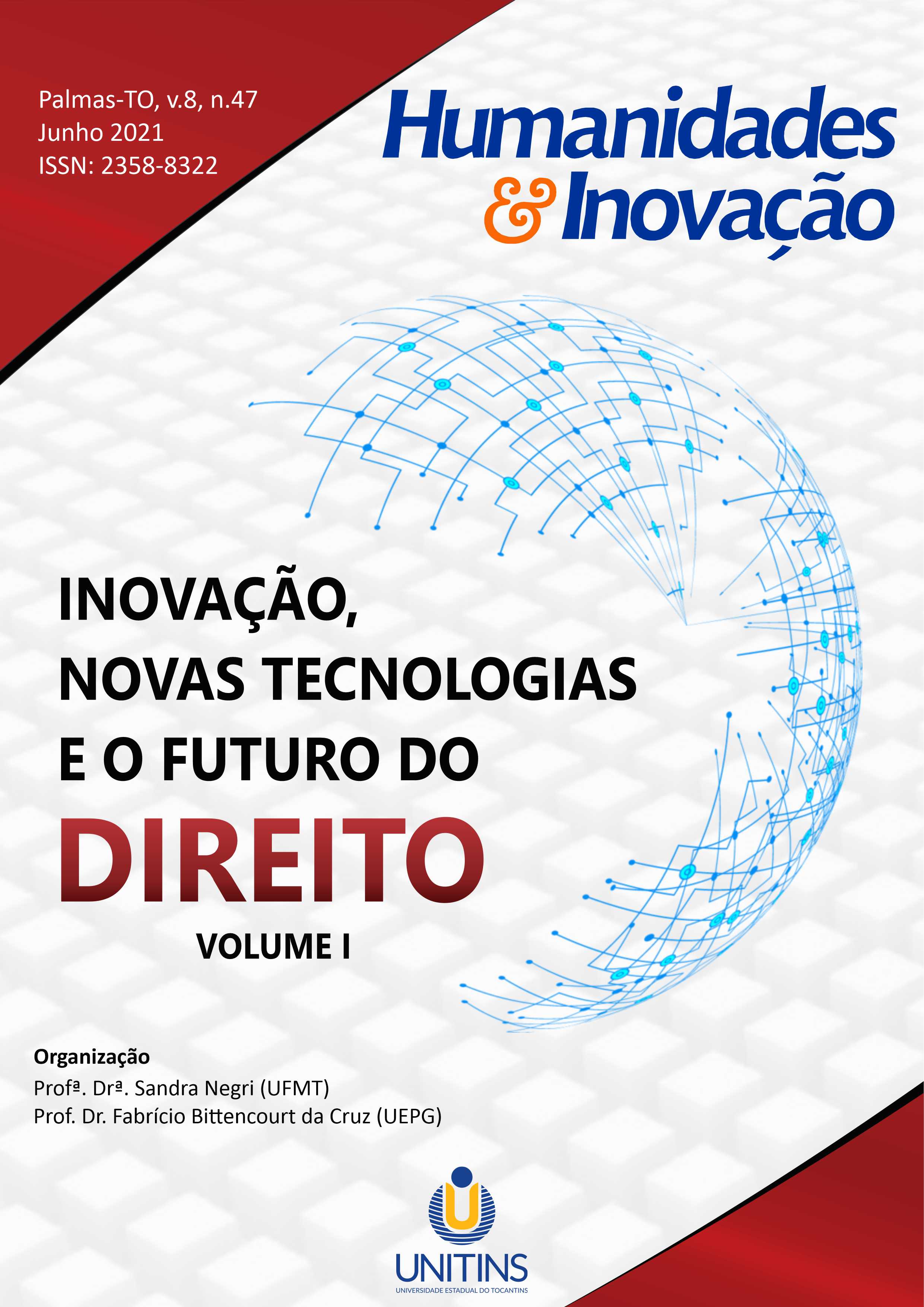A CONSTRUÇÃO DA INTELIGÊNCIA ARTIFICIAL A SERVIÇO DO PODER JUDICIÁRIO BRASILEIRO
Abstract
Apresentação do entrevistado:
Fabiano Hartmann, professor na Universidade de Brasília (UnB), pesquisador de IA e Direito, líder do grupo de pesquisa Doutor Ia (DR.IA) que estuda o direito, a racionalidade e a inteligência artificial, mestre e doutor em Direito, coordenador acadêmico do Projeto Victor UnB-STF, coordenador Acadêmico do Projeto Mandamus (UnB-TJRR), membro do Grupo de Trabalho do Conselho Nacional de Justiça (CNJ) sobre Ética na produção e uso de IA no Poder Judiciário, coordenador do Projeto acadêmico Julia (Logística jurisdicional e IA), coordenador do Projeto acadêmico Confia (certificação ética), membro da International Association for Artificial Intelligence and Law (IAAIL), membro da Associação Ibero-Americana de Inteligência Artificial e Direito.
References
HARTMANN PEIXOTO, Fabiano; BONAT, Debora. Machine learning and the general repercussion on Brazilian Supreme Court: applying the Victor robot to legal texts, 2019. Disponível em: https://www.semanticscholar.org/paper/Machine-Learning-and-the-General-Repercussion-on-to-Hartmann-Bonat/5c8b6ede2445197a4a06a711f522168d548a0ab0#paper-header. Acesso em: 29 mai.2021
HARTMANN PEIXOTO Fabiano. Direito e inteligência artificial na (não) redução de desigualdades globais: decisões automatizadas na imigração e sistemas de refugiados. Revista Direitos Culturais, v. 15, n. 37, p. 305-320, 2020.
MARINONI, Luiz Guilherme; MITIDIERO, Daniel. A repercussão geral no recurso extraordinário. A repercussão geral no recurso extraordinário, 2020. Disponível em: https://juslaboris.tst.jus.br/bitstream/handle/20.500.12178/180192/2020_marinoni_luiz_repercussao_geral.pdf?sequence=1. Acesso em: 29 mai.2021.
Copyright Notice
The submission of originals to this periodic implies in transference, by the authors, of the printed and digital copyrights/publishing rights. The copyrights for the published papers belong to the author, and the periodical owns the rights on its first publication. The authors will only be able to use the same results in other publications by a clear indication of this periodical as the one of its original publication. Due to our open access policy, it is allowed the free use of papers in the educational, scientific and non-commercial application, since the source is quoted (please, check the Creative Commons License on the footer area of this page).











